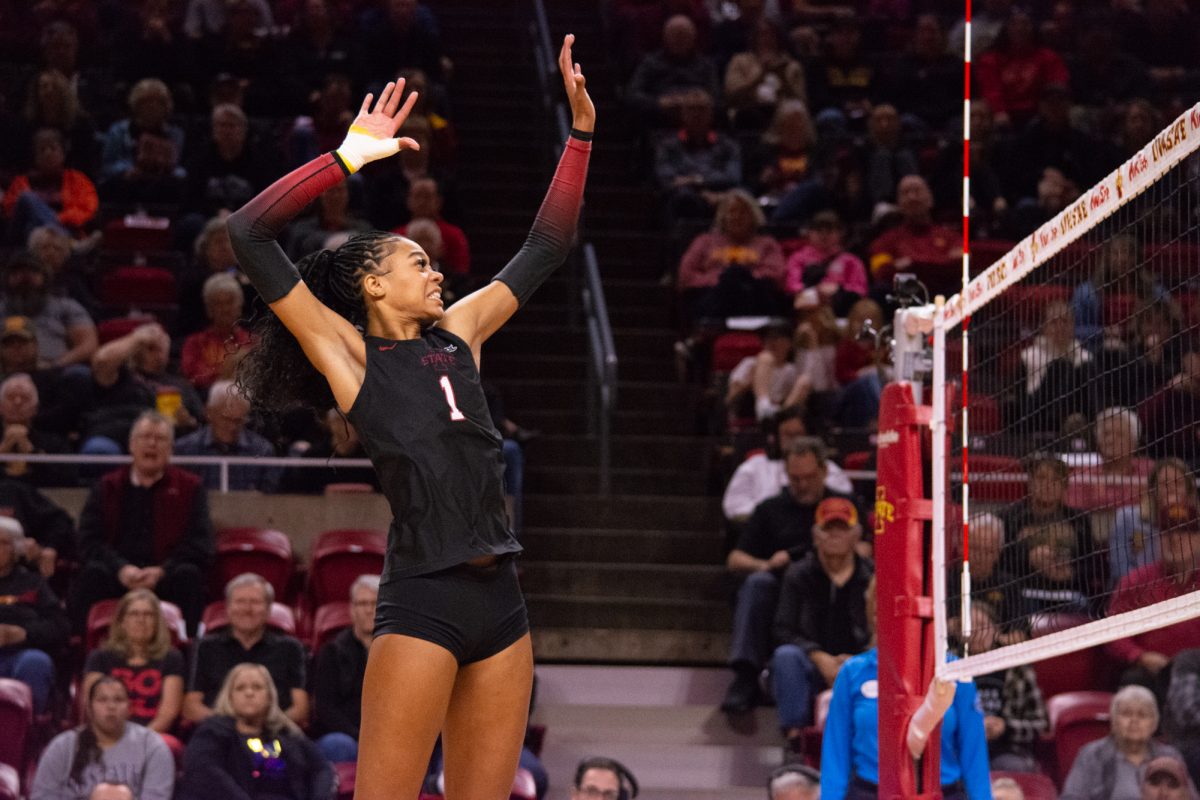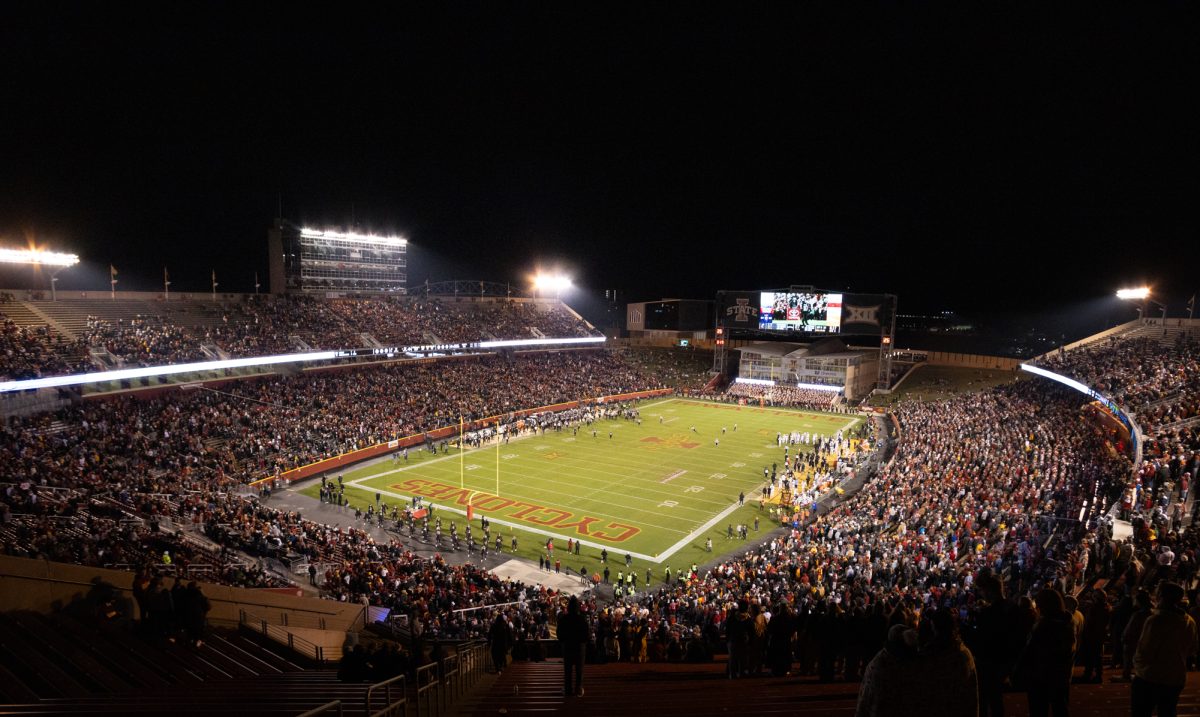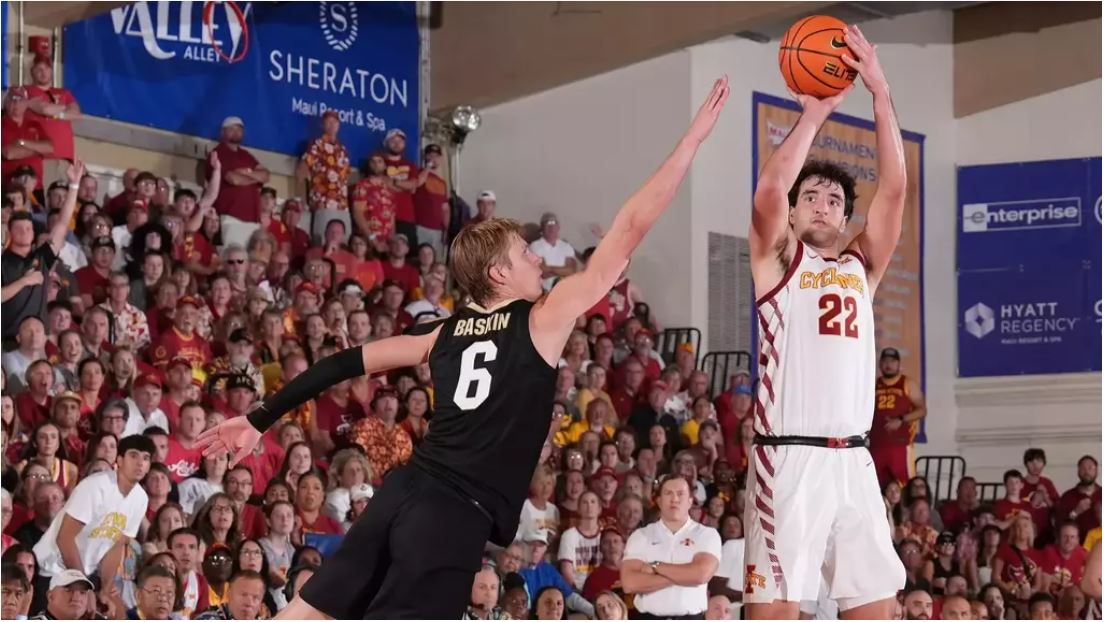COLUMN: School vouchers would give poor students a chance
October 2, 2003
Choosing which university to attend may be the biggest decision of one’s life. Job placement, income and basically one’s entire future is deeply impacted by this one decision. Choices made by parents at the primary and secondary levels can also have important and lasting impacts.
What if you didn’t get to choose your college? What if the government forced you to attend a failing institution? This happens at the primary and secondary levels every year. Millions of poor Americans are forced to send their children to failing schools because they can’t afford private school tuition.
It is not surprising that students can graduate from high school without even being able to read. Says one expert, “There are public schools that middle class parents, including me, would not want their children to attend.” What is surprising is that this statement was uttered by former National Education Administration President Robert Chase. It is a rare and candid remark about the realities of the U.S. education system.
In six of the largest U.S. cities, about two of every five teachers send his or her own child to a private school. This lack of faith in their own schools is a good enough reason for change, but there are even more.
It is often argued that public schools have a monopoly. Public schools have a great deal of competition, and they are losing more and more students to it every day. There are many quality private schools, secular and religious.
What public schools do have is a monopoly on children whose families can’t afford to send them to other schools. There is no reason poor children should not be allowed to attend schools where they will have opportunity. Equal opportunity seems to be the new slogan for everything: college, jobs, even mortgages. This should apply to the nation’s primary and secondary schools as well.
School choice would likely help minorities the most. In the 2000 Census, the average black family brought home just $33,255 annually, while their white counterparts earned nearly $55,000. Since minorities make up the vast majority of inner city school students, allowing school choice would help bridge this income gap through better education. Sixty-five percent of African-Americans with incomes less than $50,000 want to be able to use public funds at the school of their choice.
Are there any reasons not to allow parents school choice? The most commonly heard argument against choice is that it will “drain the resources” from public schools. Evidence from current programs shows the opposite is true.
The inferior education some are getting at public schools is not a problem that will go away, nor is it something to be ignored.
With the solution at hand, the federal government needs to continue to support school choice and help get kids out of failing schools throughout the nation. It has been done and it works. Rather than take shots at President Bush, anti-choice activists should focus on helping all children get a quality education, and leave no child behind. But if they did that, the Democrats wouldn’t have an issue to demagogue anymore.





